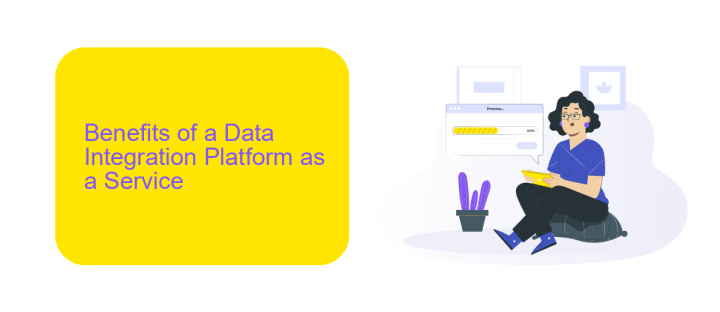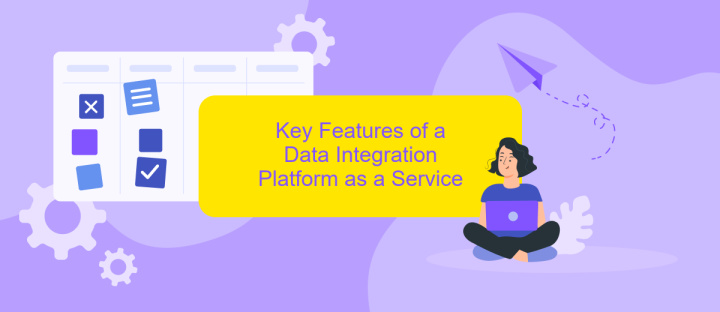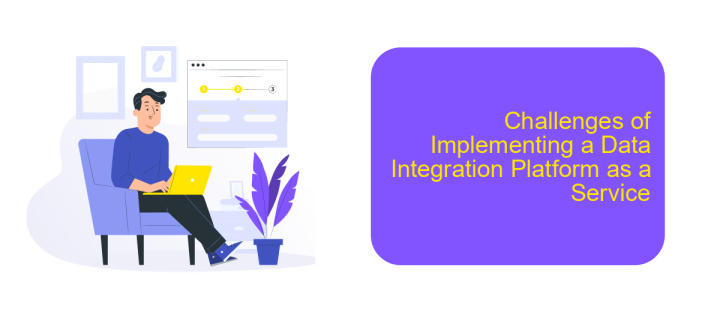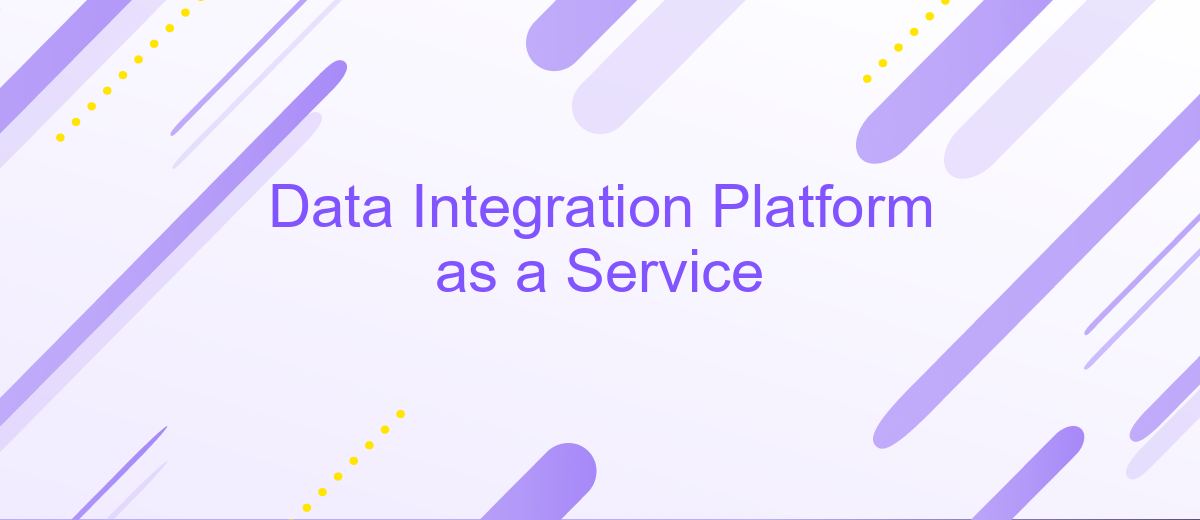Data Integration Platform as a Service
In today's data-driven world, businesses require seamless integration of diverse data sources to drive insights and innovation. Data Integration Platform as a Service (iPaaS) offers a cloud-based solution that simplifies the process of connecting disparate data systems. By leveraging iPaaS, organizations can streamline workflows, enhance data accuracy, and accelerate decision-making, ultimately fostering a more agile and responsive business environment.
Introduction
Data Integration Platform as a Service (iPaaS) is a cloud-based solution designed to simplify and streamline the integration of various data sources and applications. It provides businesses with the tools they need to connect disparate systems, ensuring seamless data flow and enhancing operational efficiency. By leveraging iPaaS, companies can automate data exchange processes, reduce manual intervention, and achieve real-time data synchronization.
- Automated data integration and synchronization
- Scalability to handle growing data volumes
- Enhanced data security and compliance
- Cost-effective and flexible deployment options
One such service is ApiX-Drive, which offers a user-friendly interface for setting up and managing integrations between various applications. With ApiX-Drive, businesses can easily connect their CRM, ERP, marketing tools, and other software, ensuring that data is consistently updated across all platforms. This not only saves time and resources but also minimizes the risk of errors, making it an invaluable tool for modern enterprises.
Benefits of a Data Integration Platform as a Service

A Data Integration Platform as a Service (iPaaS) offers numerous benefits, including seamless connectivity and streamlined workflows. By centralizing data from various sources, businesses can achieve a unified view of their operations, enhancing decision-making and operational efficiency. Additionally, iPaaS solutions often come with pre-built connectors and templates, reducing the time and effort required for integration. This allows organizations to focus on their core competencies rather than spending resources on complex data management tasks.
Moreover, iPaaS platforms such as ApiX-Drive provide user-friendly interfaces that make it easy to set up and manage integrations without requiring extensive technical knowledge. This democratizes data integration, allowing even non-technical users to automate workflows and synchronize data across applications. Scalability is another key advantage, as iPaaS solutions can easily adapt to growing data volumes and evolving business needs. By leveraging these benefits, companies can improve agility, reduce costs, and drive innovation.
Key Features of a Data Integration Platform as a Service

Data Integration Platform as a Service (iPaaS) offers a comprehensive solution for connecting disparate data sources and applications, streamlining data flow, and enhancing operational efficiency. These platforms come with a variety of features designed to facilitate seamless data integration and management.
- Scalability: iPaaS solutions can easily scale to accommodate growing data volumes and increasing integration demands.
- Real-time Data Processing: They support real-time data processing, ensuring timely and accurate data flow across systems.
- Pre-built Connectors: Platforms like ApiX-Drive offer numerous pre-built connectors for popular applications, simplifying the integration process.
- Data Transformation: These platforms provide robust tools for data transformation, enabling users to convert data into the required format.
- Security: Advanced security features ensure that data is protected during transit and at rest.
- User-friendly Interface: Intuitive interfaces make it easy for users to configure and manage integrations without extensive technical knowledge.
In summary, a Data Integration Platform as a Service like ApiX-Drive empowers businesses to efficiently manage their data ecosystems. With features such as scalability, real-time processing, and robust security, iPaaS solutions are essential for modern data-driven organizations.
Challenges of Implementing a Data Integration Platform as a Service

Implementing a Data Integration Platform as a Service (iPaaS) presents several challenges that organizations must navigate. One of the primary difficulties is ensuring seamless integration across diverse data sources and systems, which often have varying formats and protocols. This complexity can lead to significant time and resource investments.
Another challenge is maintaining data security and compliance. As data moves between systems, it is crucial to ensure that sensitive information is protected and that the integration processes adhere to relevant regulations and standards. Additionally, organizations must manage the scalability and performance of their iPaaS solutions to handle increasing data volumes and user demands.
- Data source compatibility and format diversity
- Ensuring data security and regulatory compliance
- Scalability and performance management
- Complexity of integration setup and maintenance
Services like ApiX-Drive can help mitigate some of these challenges by providing a user-friendly platform for setting up and managing integrations. ApiX-Drive offers pre-built connectors and automated workflows, reducing the complexity and time required to integrate various systems. By leveraging such tools, organizations can streamline their data integration processes and focus on deriving actionable insights from their data.
Conclusion
In conclusion, Data Integration Platform as a Service (iPaaS) offers a transformative approach to managing and integrating diverse data sources. By streamlining data workflows and ensuring seamless connectivity between various applications, iPaaS solutions enable organizations to enhance their operational efficiency and decision-making processes. The flexibility and scalability of these platforms empower businesses to adapt to the ever-evolving technological landscape, ensuring that they remain competitive and agile.
Services like ApiX-Drive play a crucial role in simplifying the integration process, providing user-friendly interfaces and robust automation capabilities. By leveraging such platforms, businesses can significantly reduce the time and effort required to set up and maintain integrations, allowing them to focus on core activities and strategic initiatives. Ultimately, the adoption of iPaaS solutions, supported by innovative tools like ApiX-Drive, paves the way for more efficient, data-driven operations and long-term business success.
FAQ
What is a Data Integration Platform as a Service (iPaaS)?
How does iPaaS benefit organizations?
What types of integrations can be achieved with iPaaS?
How does an iPaaS handle data security?
Can iPaaS be used for automating workflows?
Apix-Drive is a universal tool that will quickly streamline any workflow, freeing you from routine and possible financial losses. Try ApiX-Drive in action and see how useful it is for you personally. In the meantime, when you are setting up connections between systems, think about where you are investing your free time, because now you will have much more of it.

